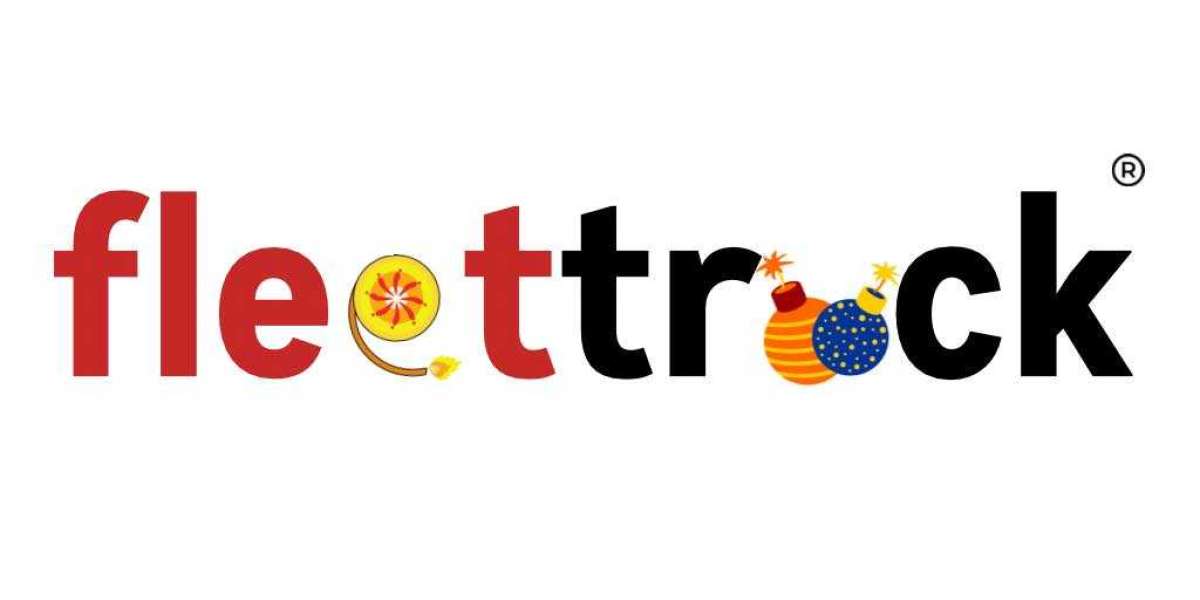In today's volatile business environment, the potential for a crisis is always present. Whether it's a public relations disaster, a cyber-attack, or a product recall, the ability to manage and mitigate crises can be the difference between a business's success and its downfall. This is where crisis management consultant and reputation management consultants come into play. These experts are essential for safeguarding a company’s reputation and ensuring business continuity. This article explores why every business should have a crisis management consultant and the benefits they bring.
Proactive Crisis Preparation
Crisis management consultants are invaluable in helping businesses prepare for potential crises before they occur. By conducting thorough risk assessments, they identify vulnerabilities within an organization and develop comprehensive crisis management plans. These plans include detailed protocols for various types of crises, ensuring that the business is ready to respond swiftly and effectively.
Reputation management consultants complement this by working on the company's public image and communication strategies. They help craft messages that can be quickly disseminated during a crisis to control the narrative and maintain stakeholder trust. By being proactive, businesses can mitigate the impact of crises and recover more quickly.
Effective Crisis Response
When a crisis does hit, having a crisis management consultant on board is crucial. These professionals provide calm, strategic guidance to navigate the turmoil. They coordinate the crisis response, ensuring that all actions are aligned with the crisis management plan and that communication is clear and consistent.
Reputation management consultants play a pivotal role in managing the public's perception during a crisis. They handle media relations, social media, and internal communications to ensure that the company’s messaging is accurate and timely. This helps maintain trust and minimize damage to the company's reputation.
Recovery and Rehabilitation
The aftermath of a crisis is as important as the initial response. Crisis management consultants help businesses develop and implement recovery plans to restore operations and rebuild their reputation. This involves analyzing the impact of the crisis, addressing ongoing issues, and taking steps to prevent future incidents.
Reputation management consultants assist in the rehabilitation process by focusing on restoring the company’s image. They implement strategies such as positive PR campaigns, community engagement, and continuous monitoring of public sentiment. Effective recovery and rehabilitation efforts can turn a crisis into an opportunity for growth and improvement.
Building a Resilient Organizational Culture
A resilient organizational culture is key to effective crisis management. Crisis management consultants work with businesses to foster a culture of preparedness and accountability. This involves training employees at all levels to understand their roles in a crisis and promoting a proactive approach to risk management.
Reputation management consultants help build a culture of transparency and trust. They encourage open communication and ensure that the company’s values are reflected in its actions. A resilient culture not only helps in managing crises effectively but also strengthens the company’s reputation in the long term.
Long-Term Benefits of Crisis Management Consultants
Engaging crisis management and reputation management consultants offers numerous long-term benefits. These experts provide the knowledge and experience needed to handle complex crises, helping businesses avoid costly mistakes and reduce the impact of crises. By investing in their services, businesses can ensure sustained success and resilience.
A well-managed reputation can lead to increased customer loyalty, stronger stakeholder relationships, and a competitive edge in the market. Reputation management consultants help businesses build and maintain a positive image, attracting new opportunities and driving growth. By continuously improving crisis management and reputation strategies, businesses can thrive in an ever-changing business landscape.
Enhancing Trust and Loyalty
In times of crisis, maintaining the trust and loyalty of stakeholders is crucial. Crisis management consultants help ensure that businesses respond effectively and transparently to crises. This demonstrates a commitment to accountability and integrity, which builds trust and fosters loyalty among customers, employees, and other stakeholders.
Reputation management consultants support this effort by managing the company’s public image and communication. They ensure that messages are clear, consistent, and aligned with the company’s values. By maintaining trust and loyalty during crises, businesses can emerge stronger and more resilient.
Strengthening Brand Resilience
Resilience is the ability of a business to withstand and recover from adverse situations. Crisis management consultants play a vital role in building this resilience. They develop robust crisis management plans and conduct regular training to ensure that the business can respond quickly and effectively to crises.
Reputation management consultants contribute by continuously monitoring the company’s image and addressing potential issues before they escalate. They help businesses stay agile and adaptable, ready to face new challenges. Strengthening brand resilience ensures that businesses can navigate crises with minimal disruption and continue to thrive.
Leveraging Technology and Data Analytics
In the digital age, technology and data analytics are crucial tools for crisis management. Crisis management consultants use advanced tools to monitor potential threats in real time. These tools can track online conversations, social media mentions, and news coverage to identify emerging issues before they become full-blown crises.
Data analytics help in understanding the impact of a crisis and the effectiveness of response strategies. Reputation management consultants use analytics to measure public sentiment, track communication reach, and assess overall reputation damage. By leveraging technology and data, consultants provide businesses with actionable insights to improve crisis management and recovery efforts.
Integration with Overall Business Strategy
Integrating crisis management with the overall business strategy ensures a cohesive approach to reputation protection. Crisis management consultants work with business leaders to align crisis management plans with the company’s values, mission, and long-term goals. This integration helps maintain brand consistency and reinforces the company’s commitment to integrity.
Reputation management consultants assist by ensuring that all communication and recovery efforts align with the company’s identity. They help craft messages that resonate with the company’s audience and reinforce its core values. By integrating crisis management with the overall business strategy, businesses can ensure a unified and effective approach to protecting their reputation.
Conclusion
In conclusion, crisis management and reputation management consultants are essential for protecting a business’s reputation and ensuring its long-term success. Their expertise in crisis preparation, response, and recovery, along with their ability to integrate these efforts with the overall business strategy, provides businesses with the tools needed to navigate crises effectively. By leveraging technology, fostering a resilient culture, and focusing on long-term benefits, these consultants help businesses enhance trust, loyalty, and resilience. Investing in their services is a strategic move that can safeguard a business’s reputation and ensure sustained success in today’s dynamic business environment.






